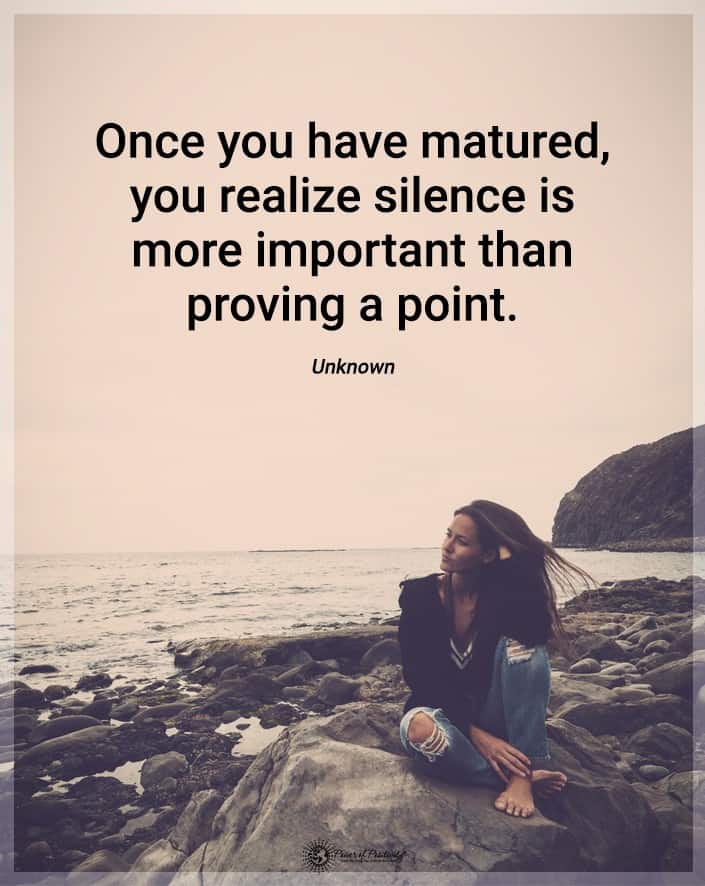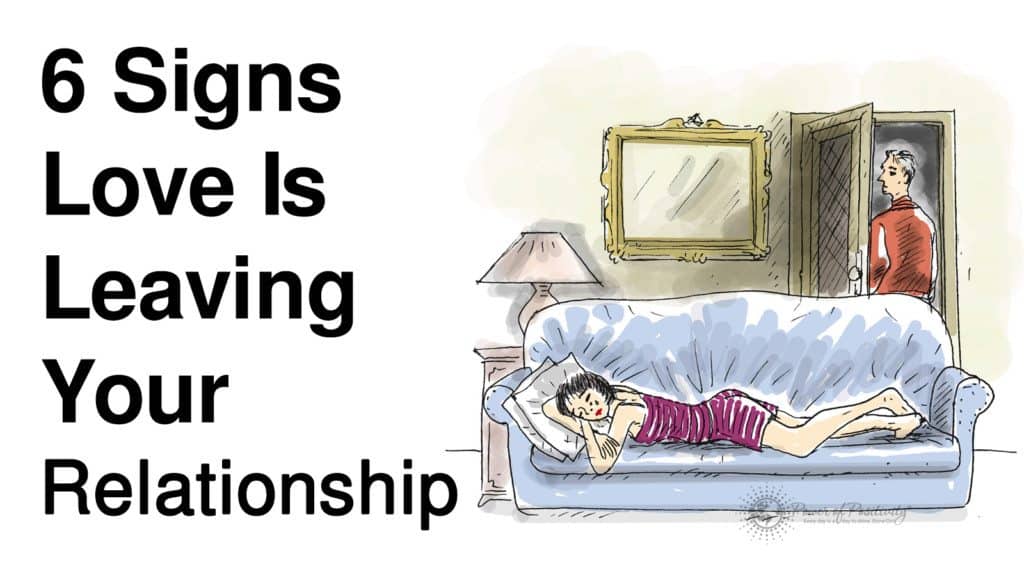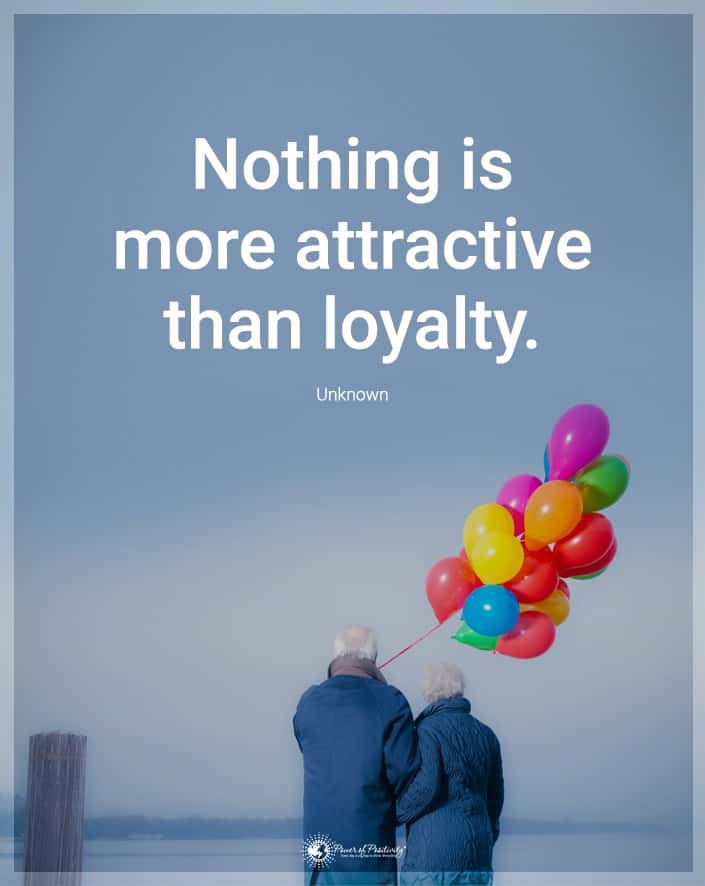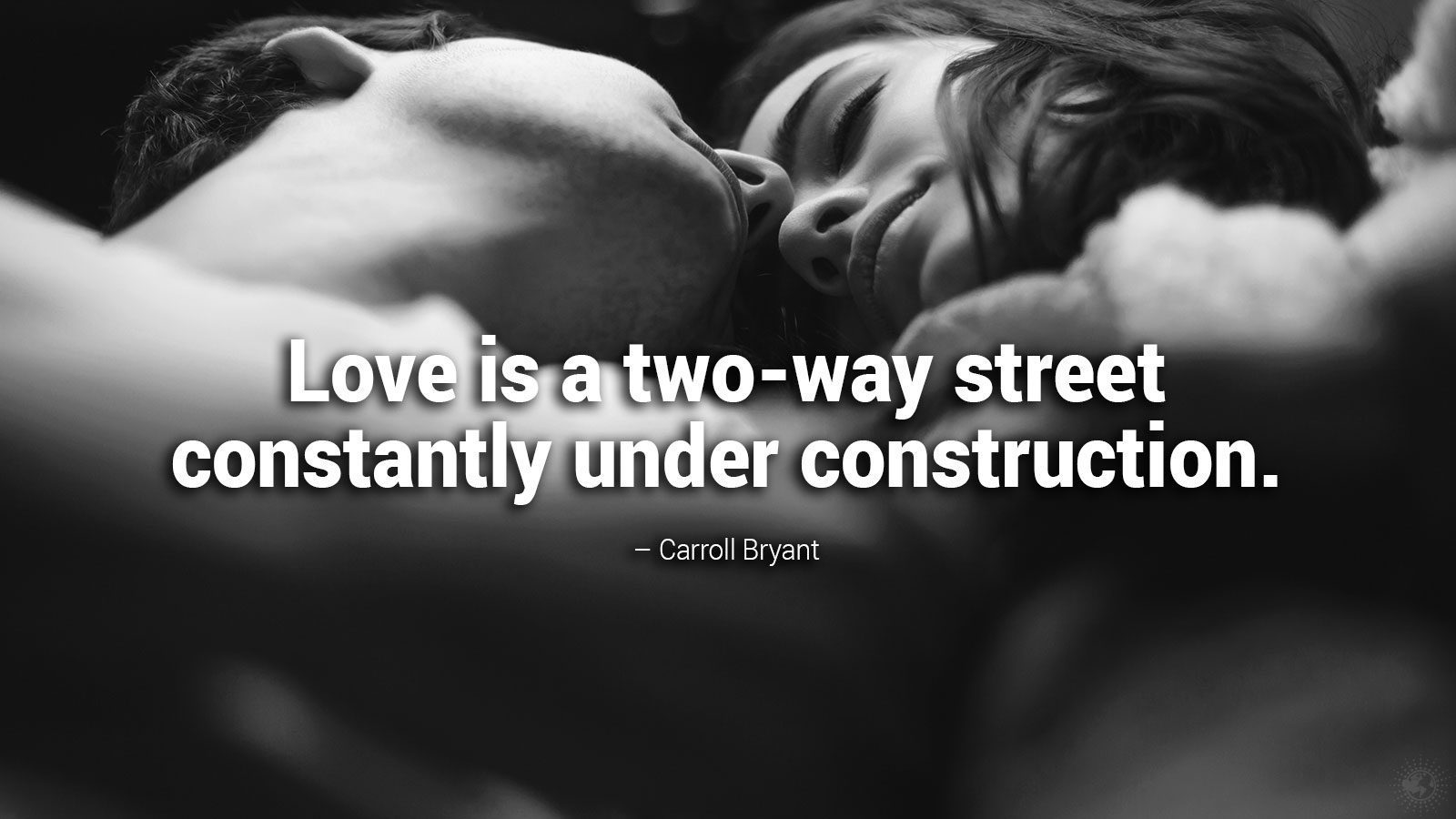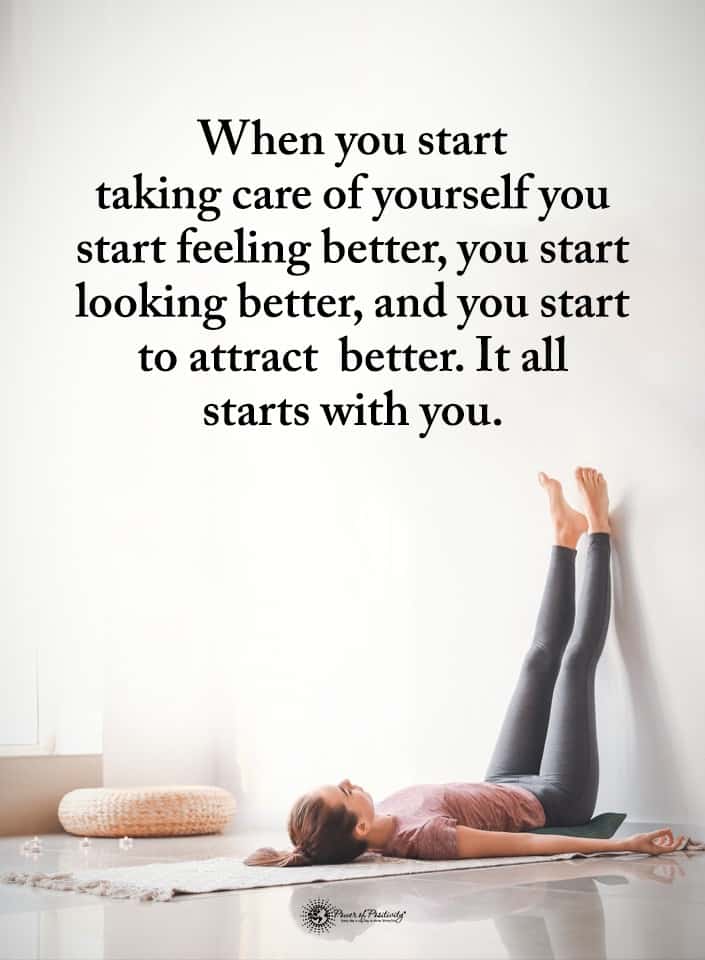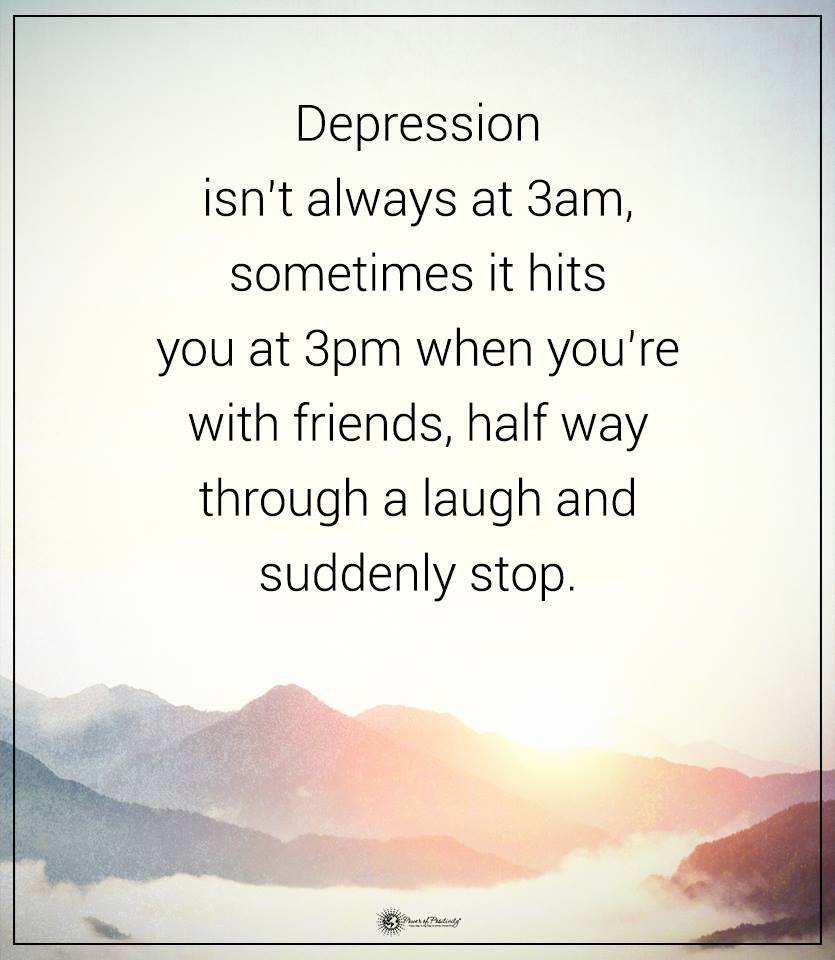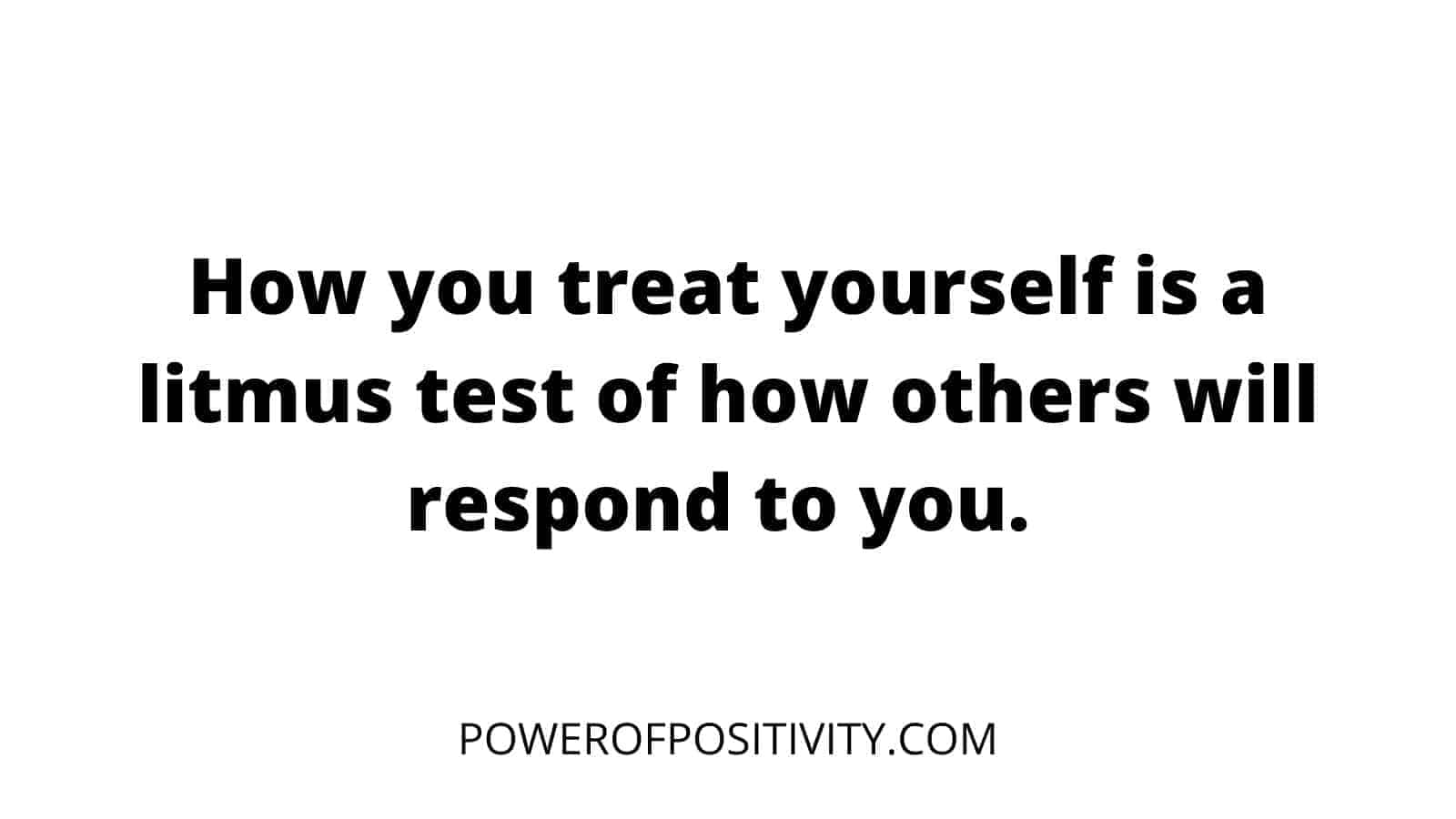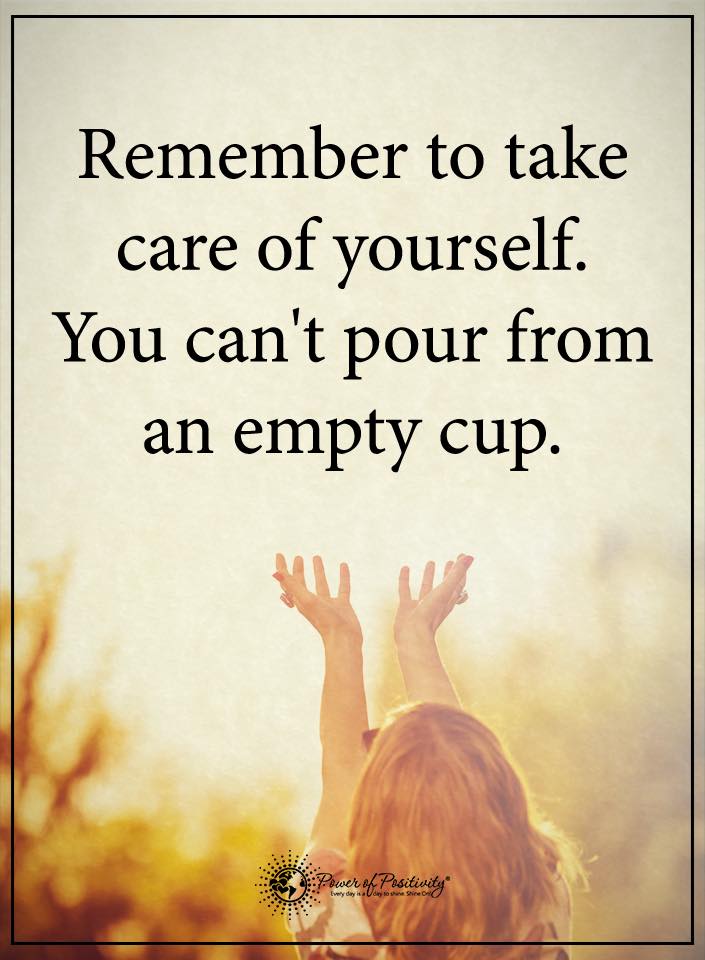Have you become someone you no longer recognize?
Who we are often changes from day to day, but you know in your heart when you’re embodying your truest self. However, in this world, it’s easy to lose yourself among all the responsibilities, pressures, noise, chaos, and general mayhem that goes on during our daily lives. Without all the distractions and unnecessary parts of life today, we could easily find ourselves. However, in our modern lives, doing so takes time and effort. To find yourself, you have to disconnect from “reality” for a bit, and actually tune into your soul. Listen to it and figure out what it truly wants.
If you’ve done that and still feel that you’ve become someone you’re not, read our list to find out for sure(and find ways to make the journey back to your highest self).
“Be yourself; everyone else is already taken.” – Oscar Wilde
5 Signs You’ve Become Someone You’re Not

1. You don’t feel happy most of the time.
When you’ve become someone besides yourself, you won’t feel content most of the time. Something deep within you longs for attention, so you have to silence all that chatter in your mind and tune into your spiritual self. Pinpoint what in your life feels foreign and not natural to you, and then work on eliminating it. We came here to show up as true, authentic beings, so don’t sell yourself short.
Happiness starts from within, so remember that anytime negative emotions arise. You deserve to embody your true self and get to know yourself on the deepest level possible. It’s understandable that sometimes life gets in the way of revealing our authenticity, but don’t let that stop you. If you’ve become someone you’re not, you’re only a decision away from becoming someone else. That’s the beauty of life; we have free will to change our mindset, outlook, location, job, and anything else important to us. Changing is hard, but it all begins with one decision to start the journey.
2. You feel uncomfortable in your own skin.
Another indicator of becoming someone you’re not is feeling disconnected from yourself, or not liking yourself. If you don’t feel comfortable with who you are, perhaps it’s who you’re not that’s really the issue. Think about it: when we hide parts of ourselves so that we don’t get judged, we start to feel uncomfortable because we have to play a role. We have to wear a mask in order to feel like we fit in. However, this won’t bring true happiness. If you don’t like who you’ve become, check in with who you’re hiding in order to feel alive, vibrant, and whole again.
3. You compare yourself to others.

When we become our authentic selves, we can strip away the layers of hate and judgment, and allow our highest selves to shine. If you compare yourself to others often, you’re just settling on being small. You’re shrinking in order to fit in, but we were born to stand out. Don’t allow yourself to engage in the act of comparison; you deserve to let your individuality come to the surface, without standing in anyone’s shadow or feeling inferior to others.
4. You don’t care about yourself.
If you don’t love and care for yourself, who will? At the end of the day, we really just have ourselves, so we can’t neglect the person staring back at us in the mirror. If you’ve become someone you’re not, you probably don’t want to bother with truly caring for yourself, because you don’t even recognize yourself. When this happens, you need to make time to go deep within and figure out what your soul really wants. It talks to us if we really take time to listen.
5. You look to others for acceptance.
By looking to others for approval, we take away that power from ourselves. Truthfully, none of us needs permission to be ourselves on this planet. We can all coexist in our individuality, and learn from one another. If you have become someone else, you probably rely on others a lot for acceptance because you can’t even accept yourself. However, don’t fall victim to this way of thinking. Simply be what comes naturally, and forget what others have to say about it.
How to Become Someone You Like
You were meant to keep growing as a person. Growth means you seek to learn new things and stay curious about life. Sometimes, during a busy life, you feel as if you’ve lost your true self. Those things you once believed in and lived for have gotten pushed aside. What can you do to become someone you recognize again?
1. Find faith
Faith in God is the best way to find your true self. Faith says, “I want to become who God made me to be.” You believe that your life is more than a bunch of events strung together with no purpose. Your faith can help you become someone you recognize again. Faith helps you become someone who believes from the moment you were born you were on a journey overseen by your Creator. An ancient text says it like this,
You saw me before I was born. Every day of my life was recorded in your book. Every moment was laid out before a single day had passed. (Psalm 139:16 NIV)
Having faith anchors you in the past, present, and future. It gives you hope and helps you to be your best.
2. Change where you need to change
Part of growing and maturing as a person is realizing your strengths and your weaknesses. It’s evaluating areas where you need to change. Perhaps you realize you need to become a more sensitive person or be a more thoughtful partner. The best ways to change involve
- Setting small goals-Set realistic goals for yourself. You won’t change in 24 hours, but you may begin to change in 24 days.
- Some self-reflection- Be sure to stop and look at yourself. Be realistic about how you’re doing.
- Asking others for input-Ask your family or friends how you’re doing. Ask them to be honest with you.
- Stepping out–Growth and change are hard work. Don’t give up if it seems like you’re not changing. Unless you’re willing to step out and make the uncomfortable changes in your life, you’ll stay exactly where you are.
3. Stay connected with like-minded people
Being in a community with like-minded people guards against losing focus on who you are. Having strong ties with family and a social group gives you better health and a better sense of well-being. These connections with others have physical benefits. It’s been found that people who live the longest have strong ties to family, friends, and people in their community. Social isolation is linked to the risk of more heart problems and other diseases.
4. Other things you can do to become someone you recognize again
- Resist the urge to sit around-Stay busy and engaged with life.
- Stay curious- Reading, listening to podcasts, listening to a sermon at church are all ways you can keep learning about yourself and life.
- Observe others-If there are people you admire, observe how they live their life. What do they value? Where do they find strength and meaning?
- Live a healthy life-Choose to eat healthy, nutritious foods and get some exercise. You’ll feel better and have more energy.


